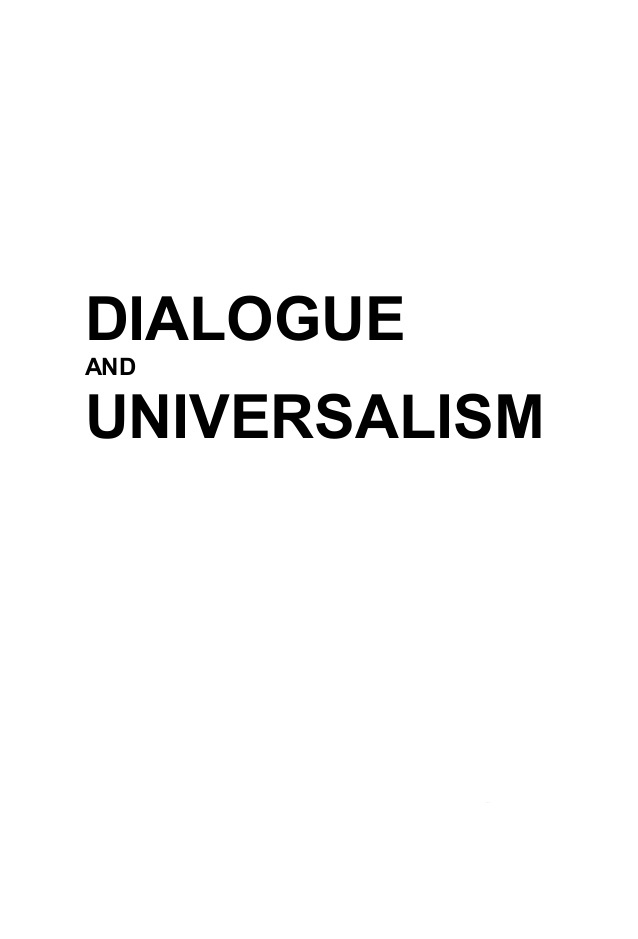ONTOLOGIZATION OF TRANSCENDENTALISM.HISTORICAL-INTENTIONAL ASPECT OF HEIDEGGER’S INTERPRETATION OF KANT’S CRITIQUE OF PURE REASON
ONTOLOGIZATION OF TRANSCENDENTALISM.HISTORICAL-INTENTIONAL ASPECT OF HEIDEGGER’S INTERPRETATION OF KANT’S CRITIQUE OF PURE REASON
Author(s): Norbert LeśniewskiSubject(s): Philosophy
Published by: Instytut Filozofii i Socjologii Polskiej Akademii Nauk
Keywords: Heidegger; Kant; transcendentalism; ontology; ontological knowledge; schematism of imagination.
Summary/Abstract: The paper aims to reconstruct Heidegger’s historical-intentional assumptions in his ontological interpretation of Kant’s Critique of Pure Reason. The paper presents young Heidegger’s project of the “metaphysical-teleological interpretation of consciousness.” The project indicates the direction of his further ontological interpretation of transcendentalism: Heidegger stands up to the traditional, well known neo-Kantian interpretation of the Critique, and offers a new conception of ontological knowledge and cognition. According to this conception, cognition is grounded in transcendental imagination where a threefold synthesis takes place. Heidegger’s original temporal interpretation of transcendental schematism is also recalled to stress the significance of his new ontological approach to Kant’s theoretical philosophy.
Journal: Dialogue and Universalism
- Issue Year: 2013
- Issue No: 2
- Page Range: 87-99
- Page Count: 13
- Language: English
- Content File-PDF

